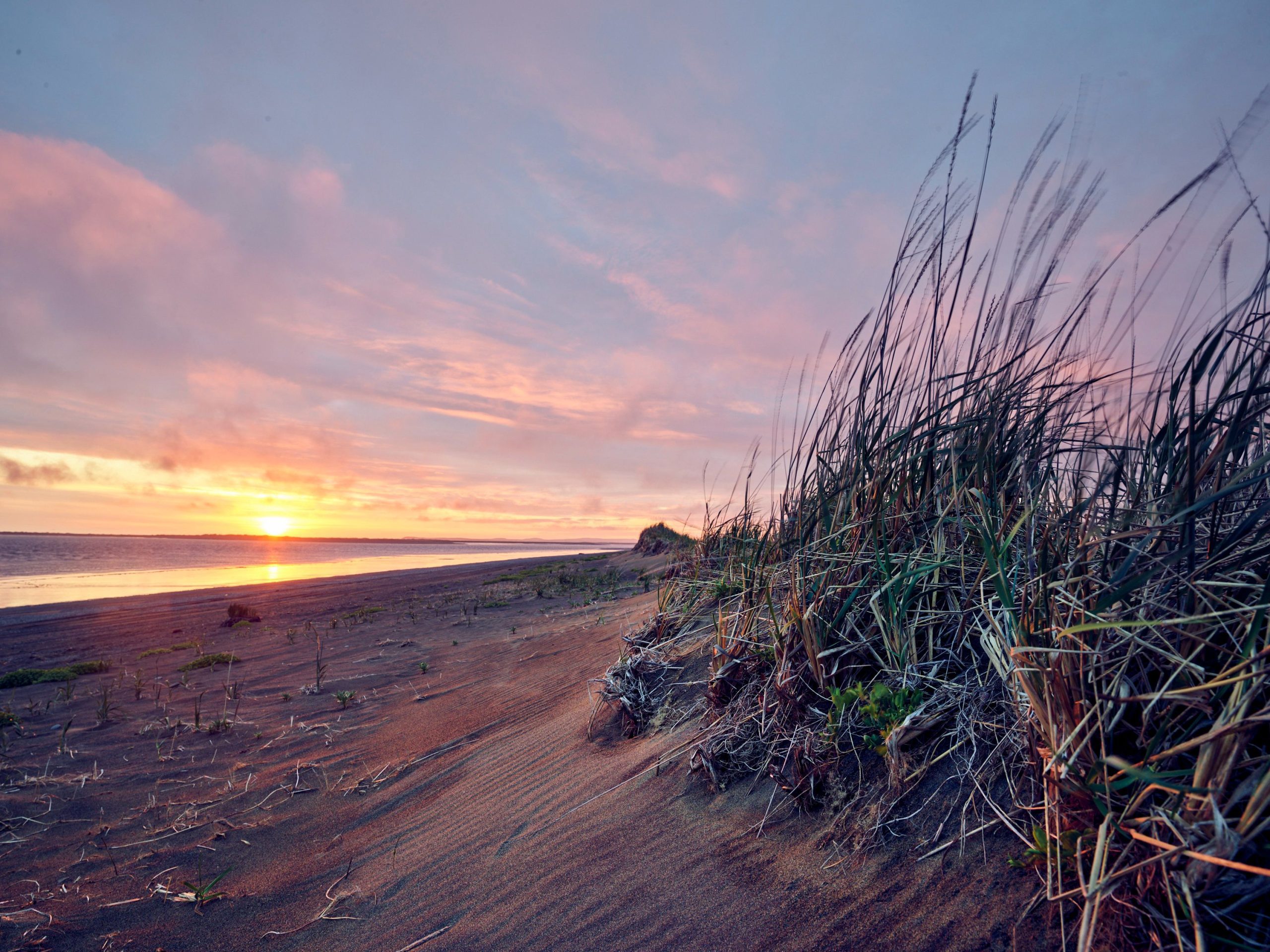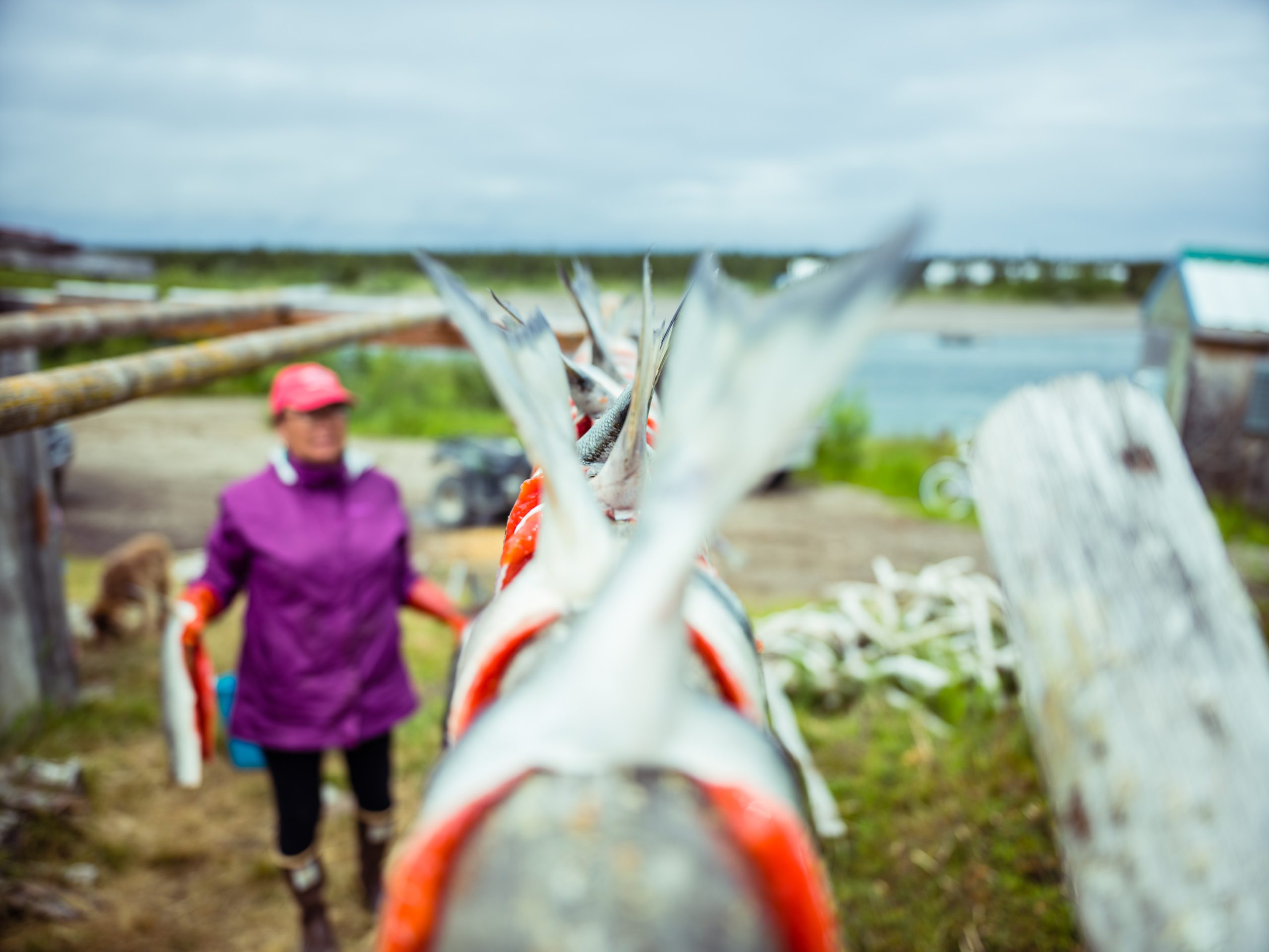Through ANCSA, BBNC took direct responsibility for about 11% of the 27.5 million acres of land in Southwest Alaska that make up the Bristol Bay region. BBNC stewards three million acres of subsurface estate and more than 115,000 acres of surface lands.
BBNC promotes in-region economic development of the natural resources on its lands, including minerals, oil, gas and tourism, carefully selecting and supporting only those projects that will both enrich our Native ways and sustain our lands.
We prioritize the development of energy sources that have the most potential to reduce the high cost of living in the region without diminishing our way of life. While we look to strengthen our region’s financial and social future, we remain vigilant about preserving those resources that have always sustained us.
Through responsible use of abundant resources, and in cooperation with the villages who share stewardship responsibilities for the region, we aspire to support strong families and communities.

Land Entitlement and Assessment
The Land Department acquires and retains patent to all the land selections BBNC is entitled to under ANCSA. We assess the resources that exist on these lands so that we can appropriately manage, steward, and develop them for the benefit of our shareholders and the region.

Responsible Resource Development
Pursuant to BBNC’s Responsible Resource Development policy, we seek to maximize the potential of our lands by pursuing those projects that meet our financial, environmental, and social standards. Projects must be fiscally sustainable and cannot harm the region’s subsistence resources, clean water, and fish populations.
Fish First
Our Land and Resource Policies reflect an unwavering commitment to protect the fish that have sustained our culture for thousands of years. Our balanced and sensitive approach to the management of our lands and waters considers fiscal, environmental, and social impacts—so that our region can continue to be available for the range of uses we enjoy today. Imbedded in this paradigm is a “Fish First” value that considers how our decisions may impact the fishery resources that are so important to the region.

)